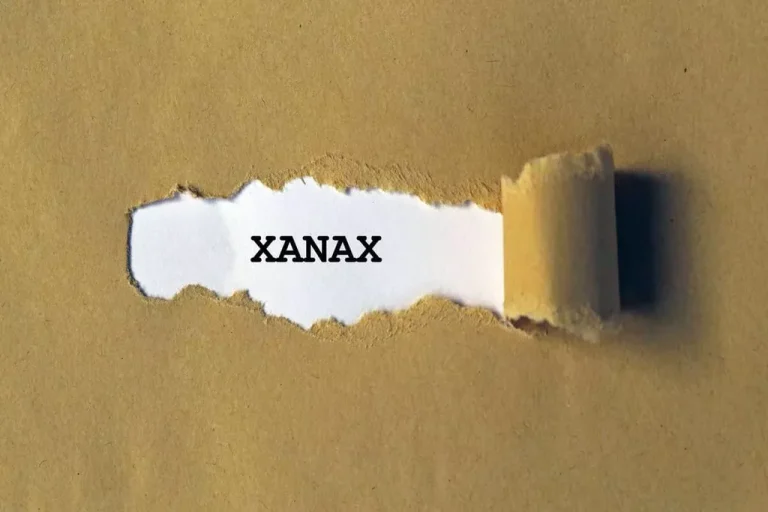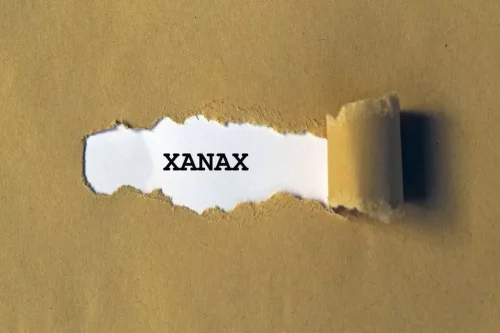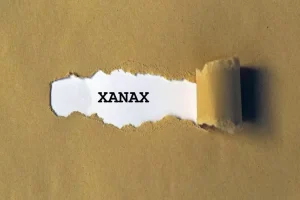What are the long-term effects of heroin use? National Institute on Drug Abuse NIDA

They’re both opioids that can be highly addictive and misused. Though heroin comes from morphine, a legal drug used to treat severe pain and symptoms of other medical conditions, heroin is illegal and has no medical uses. Tolerance occurs when more and more of the drug is required to achieve the same effects. With physical dependence, the body adapts to the presence of the drug, and withdrawal symptoms occur if use is reduced abruptly. A heroin overdose can cause slow and shallow breathing, coma, and death.People often use heroin along with other drugs or alcohol. This practice is especially dangerous because it increases the risk of overdose.

What are the long-term effects of heroin use?
- Opioid use disorder is a serious condition, but it’s treatable.
- You can ask your local pharmacy for it to add to your personal first aid kit.
- Because the drug triggers the release of the feel-good chemical dopamine, you can get addicted easily.
- The drug was responsible for more than 14,000 overdose deaths in 2019, according to the latest survey data available.
- It will probably include medication and behavioral therapy.
- Sometimes opioid use disorder begins with legal drugs like painkillers that are prescribed after a surgery or some other injury.
Many people relapse after heroin detox because they don’t know how to maintain sobriety. Without therapy, they may not know how to cope with cravings. Trauma, stress or other types of triggers can also lead to relapse. Withdrawal from heroin is one of the biggest barriers to recovery. Without treatment, withdrawal is so uncomfortable that most people can’t imagine getting through it.
Naloxone DrugFacts

Drug addiction is defined as an out-of-control feeling that you must use a medicine or drug and continue to use it even though it causes harm over and over again. Opioids are highly addictive, largely heroin addiction treatment because they trigger powerful reward centers in your brain. It may help to get an independent perspective from someone you trust and who knows you well. You can start by discussing your substance use with your primary care provider.
Stage 3 Withdrawal
If you do start using the drug, it’s likely you’ll lose control over its use again — even if you’ve had treatment and you haven’t used the drug for some time. Heroin is a highly addictive drug that some people use for recreational purposes. It is an illegal substance that has no recognised medical use in the U.S.
Public Health
They may mistakenly think that those who use drugs lack moral principles or willpower and that they could stop their drug use simply by choosing to. In reality, drug addiction is a complex disease, and quitting usually takes more than good intentions or a strong will. Drugs change the brain in ways that make quitting hard, even for those who want to. Fortunately, researchers know more than ever about how drugs affect the brain and have found treatments that can help people recover from drug addiction and lead productive lives. Opioids Use Disorder (OUD) often known as addiction is a problematic pattern of opioid use that causes significant impairment or distress. OUD is considered a medical condition that can affect anyone.

- Regardless of the type of treatment center that you attend, some form of rehab is usually required to recover from heroin addiction.
- Because heroin can cause physical and psychological dependence with repeated use, it can be very easy to develop an addiction to heroin, now called heroin use disorder.
- Heroin addiction, also called opioid use disorder, is a disorder that involves changes in the brain and behavior as a result of heroin use.
- Opioid withdrawal can be extremely uncomfortable but is generally not life-threatening and can be medically managed as a part of professional detoxification and treatment.
- This is a metabolite, or a byproduct of the drug breakdown process, that only shows up after you take heroin.
Fentanyl has become one of the leading contributors to overdose deaths in the U.S. If you’re on maintenance medication, talk to your doctor about the best time and method for tapering off the medication. Discontinuing methadone or buprenorphine abruptly may cause withdrawal symptoms and cravings that increase the risk of relapse. Some people who are severely addicted to heroin are poor candidates for heroin detox. They have a high risk of relapse during the counseling phase of treatment.
Barbiturates, benzodiazepines and hypnotics are prescription central nervous system depressants. They’re often used and misused in search for a sense of relaxation or a desire to “switch off” or forget stress-related thoughts or feelings. Signs and symptoms of drug use or intoxication may vary, depending on the type of drug. Additionally, some people may engage in speedballing, which involves mixing heroin with crack cocaine for a stronger effect. An estimated 1.1 million people in the United States over the age of 12 reported using heroin in the 12 months up to 2021.

There’s no way to know what you’re taking or how strong it is. Detoxing from the drug is the first step in most treatments. If detox is physically impossible to endure, further treatment will be less effective. To enhance the safety of detox, it’s best the person is medically supervised.
- To understand what goes through the minds and bodies of opioid users, The New York Times spent months interviewing users, family members and addiction experts.
- No matter how you take it, heroin gets to your brain quickly.
- More than 1 million people have died since 1999 from a drug overdose.
Heroin withdrawal symptoms

When people “cut” heroin, these extra substances can get into the bloodstream and block blood vessels. This can harm the cells that keep vital organs like your lungs, liver, kidneys, or brain working properly. Your immune system might also react to these additives, causing arthritis or other joint problems. People who use drugs do things that raise the odds of exposure to viruses that live in blood or body fluids, including sharing needles and having risky sex. And if you get sick, you may pass the infection (hepatitis B and C, HIV) to your sexual partners or kids.


